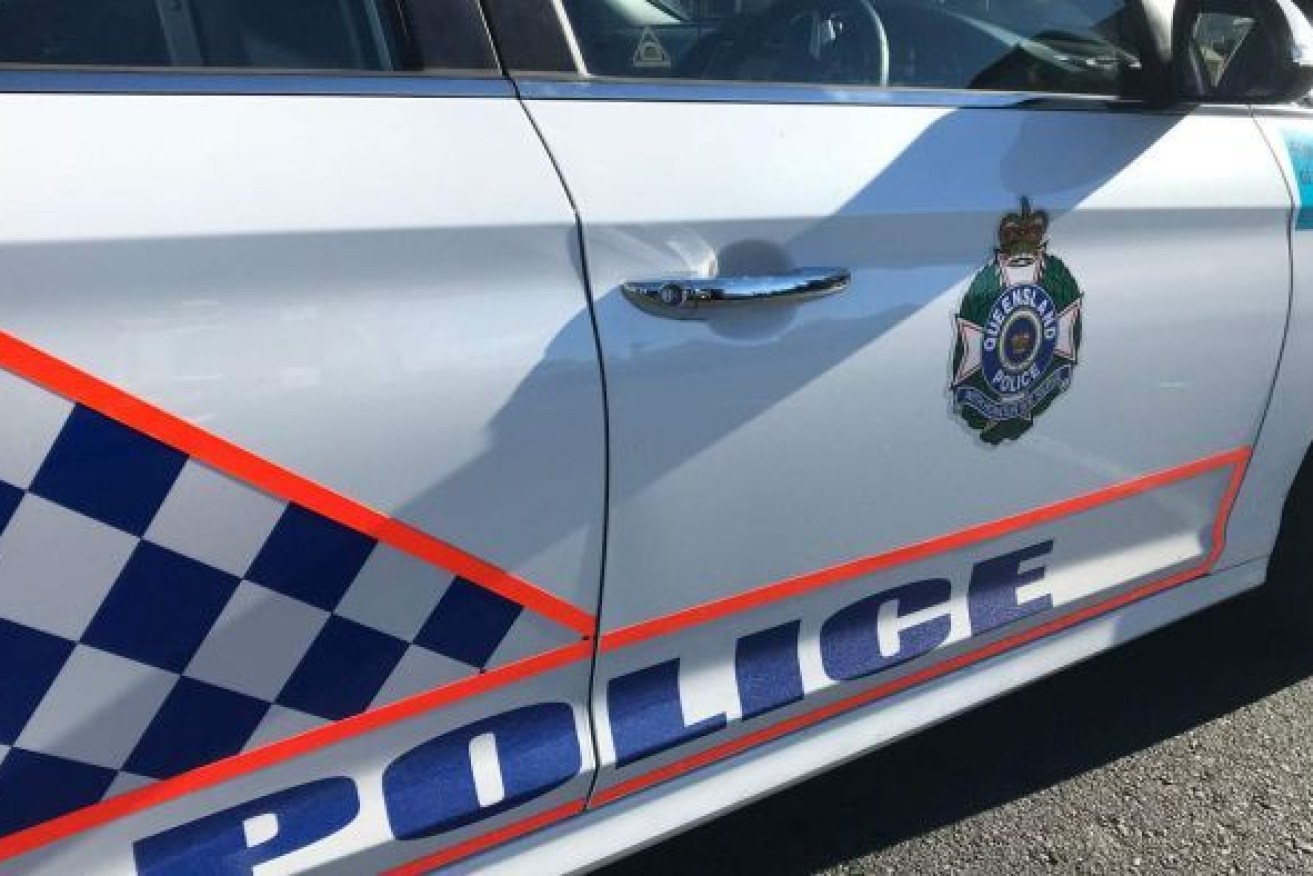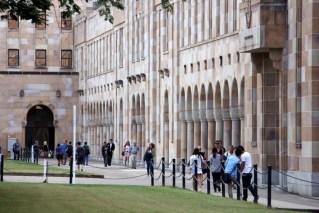Up to 100 teens meet criteria for electronic trackers under Qld crackdown
The Palaszczuk Government is defending its youth crime crackdown against claims it breaches human rights and may not solve the problem.

The Queensland Police Service has been encouraged to be more transparent. (Supplied)
The government announced the latest law and order reforms in February amid community outcry over the deaths of Matthew Field and his pregnant partner Kate Leadbetter on Australia Day. The couple were walking their dogs in Alexandra Hills when they were hit by a car allegedly stolen and being driven by a teenager on bail for traffic offences.
It followed a long-running debate over youth justice, particularly in Townsville in the lead-up to the 2020 election when the Liberal National Party proposed a controversial curfew for young people.
The crackdown is ostensibly targeted at young, repeat offenders, rather than young people in general. In Queensland, the number of youth offenders has been declining year-on-year, and there were 1,564 fewer youth offenders in 2020 than 2018.
Labor’s plan includes GPS trackers as a condition of bail for recidivist high risk offenders aged 16 and 17, a presumption against bail for young people charged with serious indictable offences, and a requirement that parents and guardians commit to ensure bail conditions will be complied with before an offender is released.
The bill giving effect to the reforms is being considered by a parliamentary committee that has so far received mostly critical submissions from stakeholder groups.
In response, the government told the committee up to 100 people so far met the criteria for GPS trackers, which would require two staff to monitor 24 hours a day. Those fitted with such ankle bracelets would need to have a mobile phone to respond to calls from the staff.
Opponents of the crackdown have suggested the move to GPS trackers is not evidence-based, prone to failure and could even be counter-productive. But the government remains confident, even going so far as to tell its own Human Rights Commissioner, Scott McDougall, there is no issue with human rights.
“The government, in introducing the bill, is of the view that the limits placed on human rights by the bill are reasonable and justified in a free and democratic society based on human dignity, equality and freedom,” the response states.
The government has also clarified that the presumption against bail will extend to some lesser offences, such as attempted robbery and unlawful use or possession of a motor vehicle.
“These offences have been identified for inclusion by a range of factors, such as the harm or risk of harm caused by the offence, risk to community safety and the prevalence of the offence,” the response states.
The reforms aim to put more pressure on parents and guardians to supervise young people released on bail, prompting concerns it will disadvantage those with disrupted home lives.
However, the government said “an indication of support can be provided by another person” and the aim of the measure was to engage more supporters. There will be no direct consequence for anyone failing to report a breach of bail.
In Queensland, the number of youth offenders has been declining year-on-year, and there were 1,564 fewer youth offenders in 2020 than 2018.












